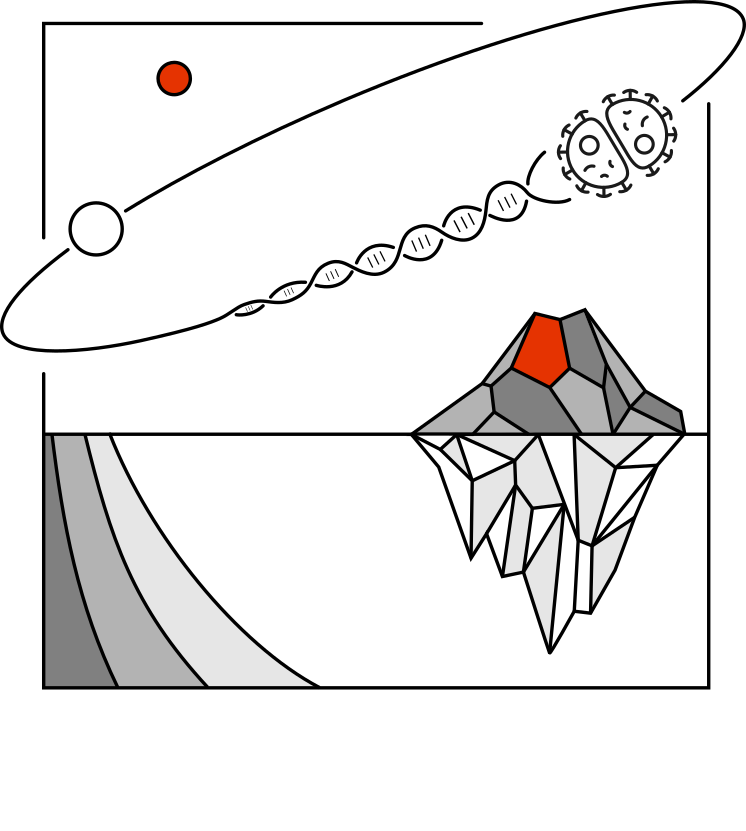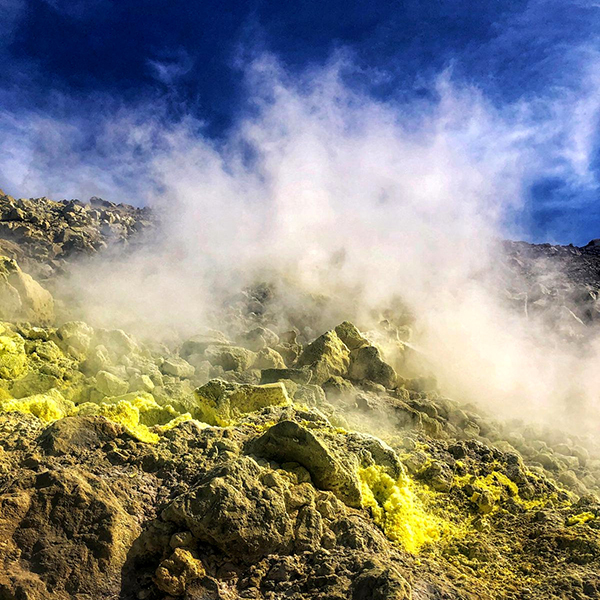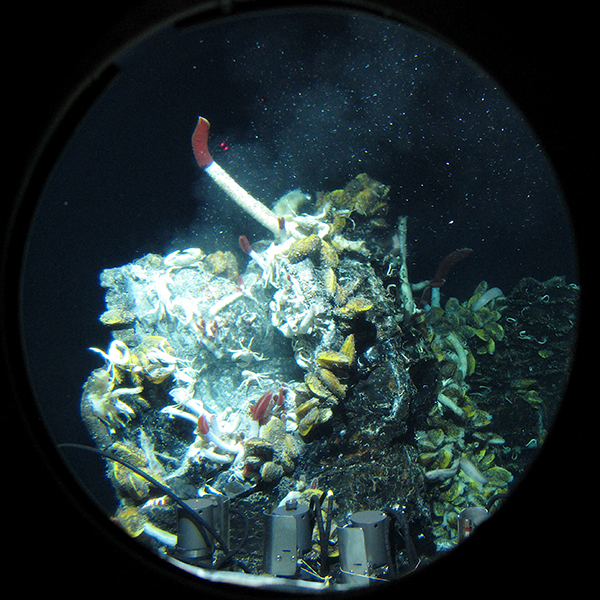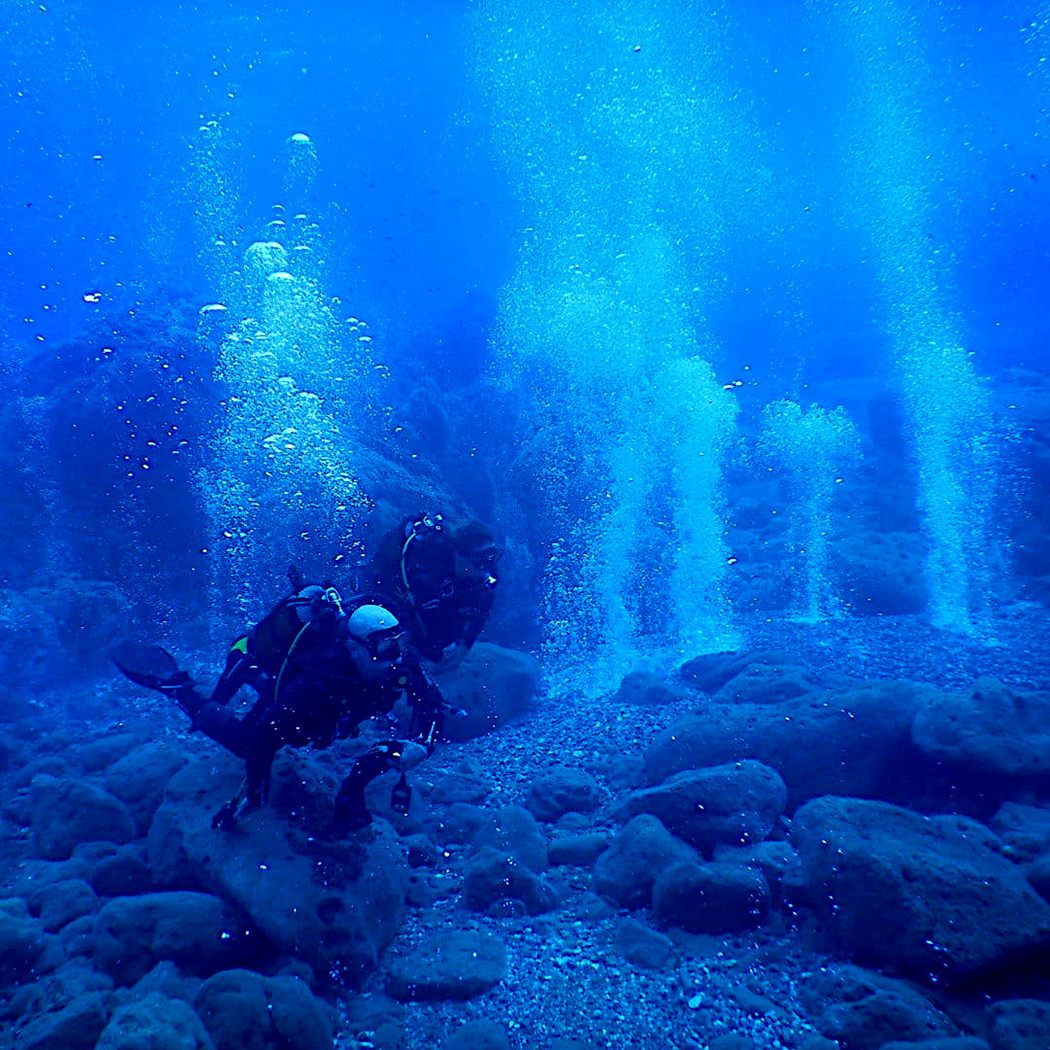The size of the program and the diversity of the faculty’s teaching and research interests are reflected in more than 380 biology course offerings and in the design and flexibility of the undergraduate curriculum.
However, distinct college requirements will result in students taking different overall courses to complete their degrees.
Based on individual goals, students tailor their undergraduate experience in the major by applying to one of the two colleges, enrolling in variations of core major requirements, and selecting one of 14 concentrations in the major. Biological Sciences majors develop an excellent foundation in biology, chemistry, physics, and mathematics and complete advanced courses in genetics and biochemistry before delving into upper-level biology courses to complete their concentration. Over 70% of biology majors participate in research during their undergraduate academic careers at Cornell. Students who wish to graduate with honors must apply to the Honors Program at the end of their junior year, maintain a minimum 3.0 cumulative grade point average, and write a thesis based on original research conducted under the direct guidance of a Faculty members in biology are actively engaged in research at the frontiers of the subjects they are teaching, creating intellectual excitement and vitality that give students a genuine feeling of participation in scholarly undertakings. In the classroom, undergraduates hear about important new discoveries, and they are also encouraged to be directly involved in this discovery by pursuing an independent research project. Cornell undergraduates are exposed to a broad diversity of biological problems and challenged to use a variety of investigative approaches to develop solutions.
